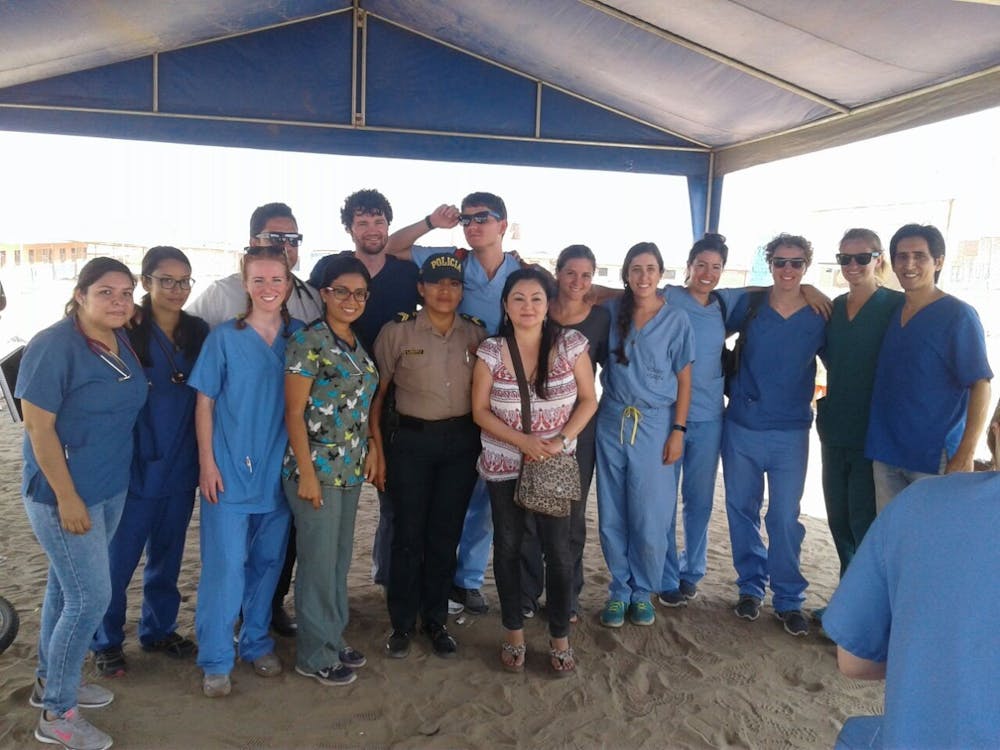fThere was a chance the Conversational Spanish for Health Care Professionals classes were not going to happen this year due to the pandemic.
However, the Physical Therapy program decided to continue with the classes after Nan Yang, a physical therapy student and the diversity, equity and inclusion representative of Elon University’s School of Health Sciences said that students felt this program should be available, even if it had to be done remotely.
The school’s Conversational Spanish for Health Care Professionals classes have been happening for the past three years. Each week, physical therapy students give up their lunch hour to advance their understanding of Latinx and Hispanic culture and improve their Spanish language skills.
The classes this year will begin on Sept. 28 remotely.
Paula DiBiasio, associate professor of physical therapy education and one of the members of the Elon community who helps with the program, said meeting remotely does have its benefits because more students will now have access to the program. Greater participation can happen over Zoom, as many students are in different parts of the community working on their clinical rotations.
The class, which is in partnership with El Centro, allows students to be better prepared for their work after school, according to Yang.
“Cultural humility needs to be learned as a student, not learned on the job,” Yang said.
Though Yang has not yet become a fluent Spanish speaker, she still has a new appreciation and understanding of Hispanic culture. She was even able to use her new Spanish skills with one of her patients.
“I saw their eyes lightened because of that simple thing I did,” Yang said.
Beyond classes, Yang and other health science students participate in the events offered by El Centro throughout the semester.
According to DiBiasio, the lunchtime meetings are much deeper than just language alone. She said students who attend these weekly classes learn how to “be comfortable with being uncomfortable,” and Elon School of Health Science alumni have even chosen to seek out Spanish-speaking positions after their work with El Centro.
“By engaging with difference, we can create more individualized healthcare,” DiBaisio said.


